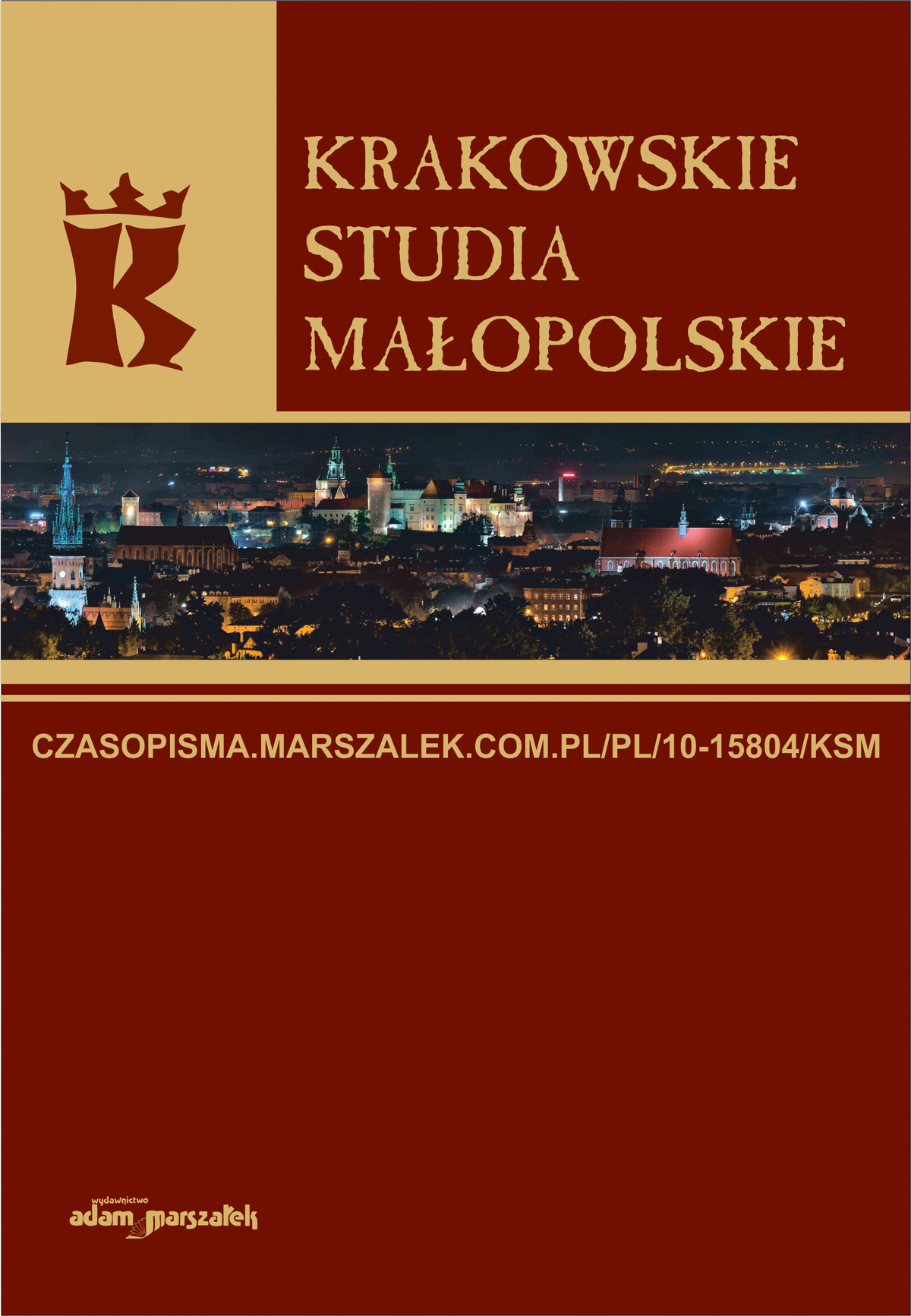«Екологічна» школа електоральних досліджень:
становлення, сучасний стан та перспективи
розвитку
«Ecological» School of Electoral Research: Formation, Current State and Prospects of Development
Author(s): Vitaly Vladimirovich Kryvoshein, Serhii StavchenkoSubject(s): Environmental and Energy policy, Electoral systems
Published by: Wydawnictwo Adam Marszałek
Keywords: political and geographical approach; contextual («ecological») model of analysis of Siegfried’s voting; research credo of «ecologicalists» by F. Gogel; model of «historical trauma» by P. Bois; context
Summary/Abstract: Purpose: to reveal the peculiarities of the formation of «ecological» (contextual,spatial) school of electoral research, characterization of its current state anddetermine the prospects for the development of this area of electoral studies.The results of the study: it was shown that the formation of the «ecologi-cal» school is associated with the expansion of the electoral corps in WesternEuropean countries in the second half of the nineteenth century in connectionwith the introduction of universal suffrage, as well as the strengthening of therole of elections in the political life of Western countries on the basis of rep-resentative democracy; determined that the predecessors of the «ecological»direction of electoral research were statistical scientists E. Engel and O. Fokardi,who studied electoral statistics through the prism of political and geographicalapproach; it is established that the founder of the «ecological» school of elec-toral research is A. Siegfried, who proposed a contextual («ecological») model ofvoting analysis, where the key factor determining the electoral position of thevoter and his electoral behavior is the environment in which the voter is; provedthat the institutionalization of the «ecological» school of electoral research isassociated with the activities of F. Gogel, who formulated the basic credo of«ecologicalists» – any research in the field of electoral behavior should be basedon comparing election results and factors that may explain these results; it istraced that the further development of the «ecological» school in the secondhalf of the twentieth century – the beginning of the twenty-first century carriedout by P. Bois, R. Aron, M. Dogan, R. Heberle, J. Sartori, G. Tingsten, and others.Conclusions: «ecological» (contextual, spatial) school of electoral researchis mainly applied; it focuses on the development of statistical methods for thestudy of aggregated quantitative data for prognostic purposes; political andgeographical approach to the analysis of voting results allows to identify spatialchanges in voter behavior; prospects of «ecological» approach to the study of electoral behavior are associated with a combination of classical methods of«ecologicalists» with various techniques of applied analysis (including qualita-tive).
Journal: Krakowskie Studia Małopolskie
- Issue Year: 4/2022
- Issue No: 36
- Page Range: 163-184
- Page Count: 22
- Language: Russian

